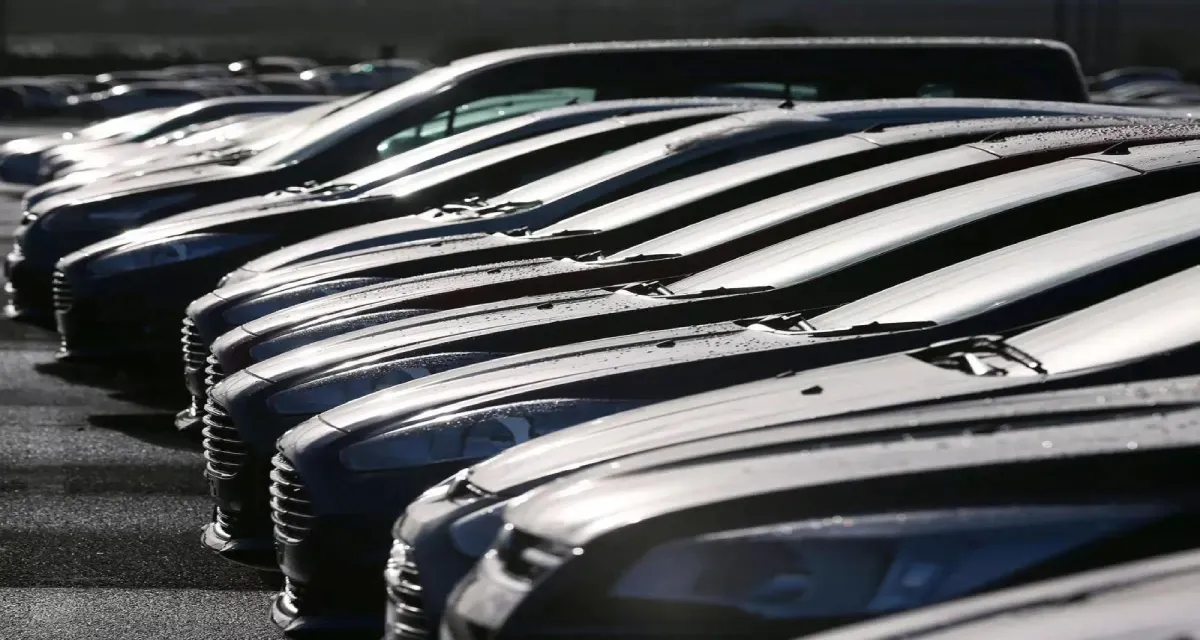
Car registrations have increased by40% this Akshaya Tritiya

Car registrations have increased by40% this Akshaya Tritiya
New car registrations saw a significant surge of about 40% over the past week for special deliveries on Akshaya Tritiya compared to last year's festival period. Overall vehicle registrations during this festive period witnessed a 22% rise, with an additional 19% increase specifically in two-wheeler registrations, as per transport department figures.
Borivli RTO registered the highest number of cars, totaling 489, while Wadala RTO reported the highest bike registrations at 835. The recent wave of registrations included approximately 1,500 new cars and over 2,700 two-wheelers, reflecting heightened consumer activity during auspicious times like Akshaya Tritiya, Gudi Padwa, Dussehra, and Diwali, popular for initiating new ventures or purchases.
Notably, the rise in eco-friendly vehicles was also observed, with 162 new electric vehicles booked for Akshaya Tritiya and 546 CNG vehicle registrations collectively at the four RTOs in the past week. Despite the festive cheer, concerns persist among transport experts regarding the rapidly growing vehicular population in Mumbai, particularly the dense presence of two-wheelers. With the city's vehicle count surpassing 46 lakh, which includes around 13 lakh private cars and 28 lakh two-wheelers, Mumbai experiences one of the highest vehicle densities in the nation at 2,300 vehicles per km.
While private vehicles are increasingly viewed as essential rather than status symbols, a representative from the Federation of Automobile Dealers Association emphasized the practical necessity of multiple cars per family to cater to diverse needs. However, experts caution that the unchecked proliferation of vehicles could lead to intensified congestion, pollution, and commute delays if not proactively managed. To address these challenges and reduce reliance on private vehicles, experts propose bolstering public transportation and implementing measures like peak-hour congestion charges similar to those in Central London.
As Mumbai grapples with parking shortages and escalating vehicle densities, policymakers, and city planners are urged to prioritize sustainable urban mobility solutions to mitigate the detrimental impacts of unchecked vehicular growth on the city's infrastructure and environment.
Also Read: